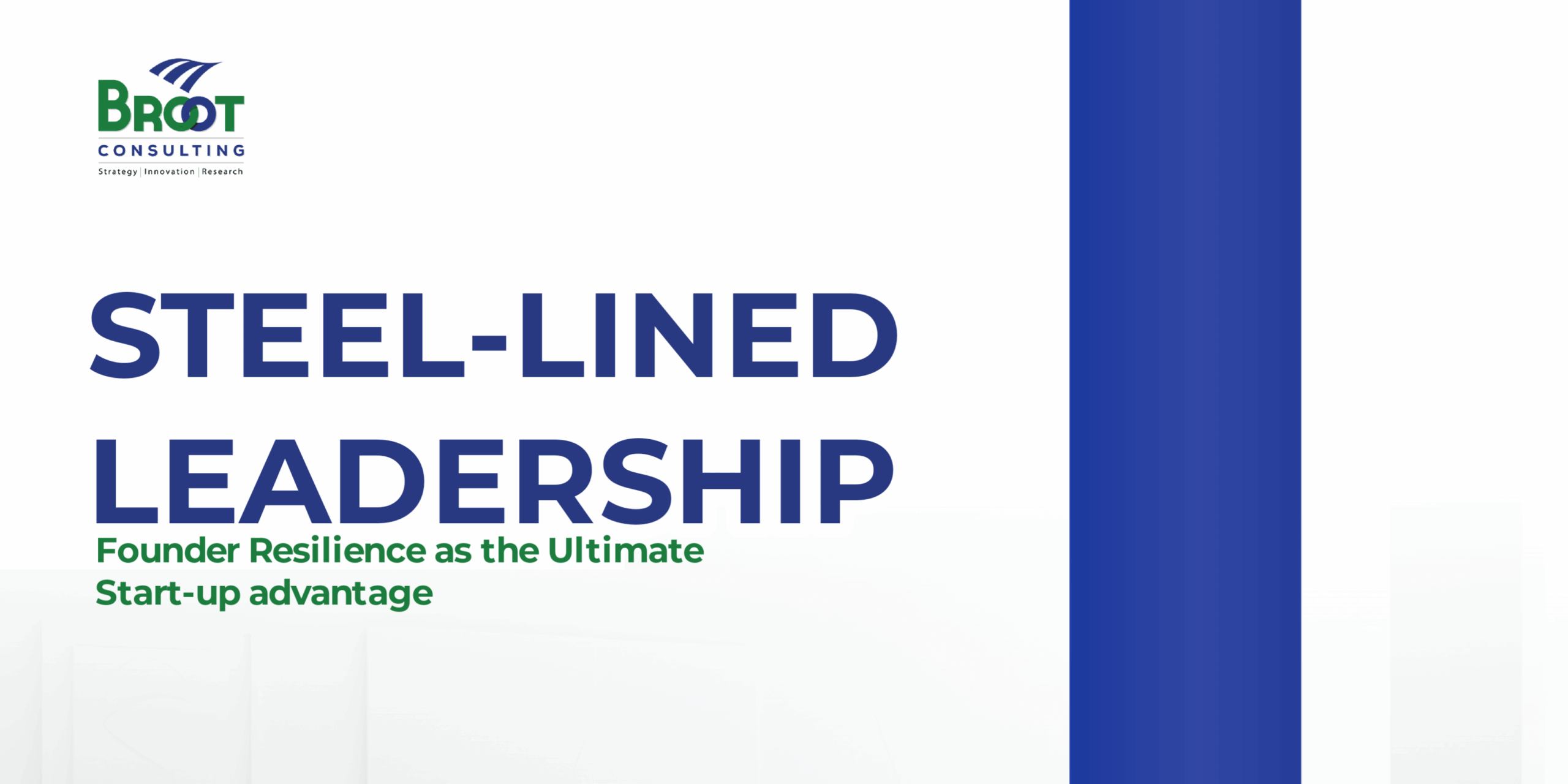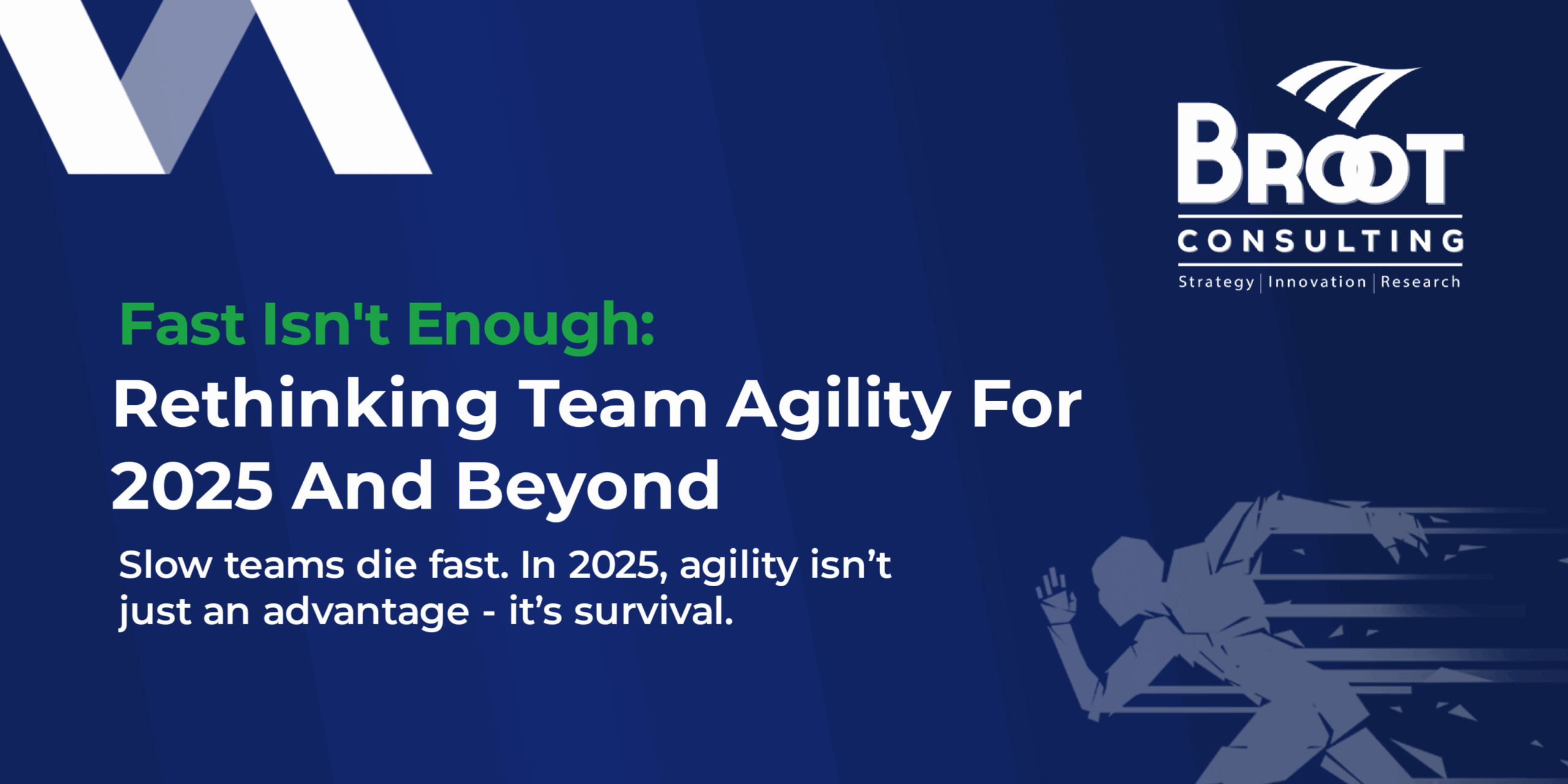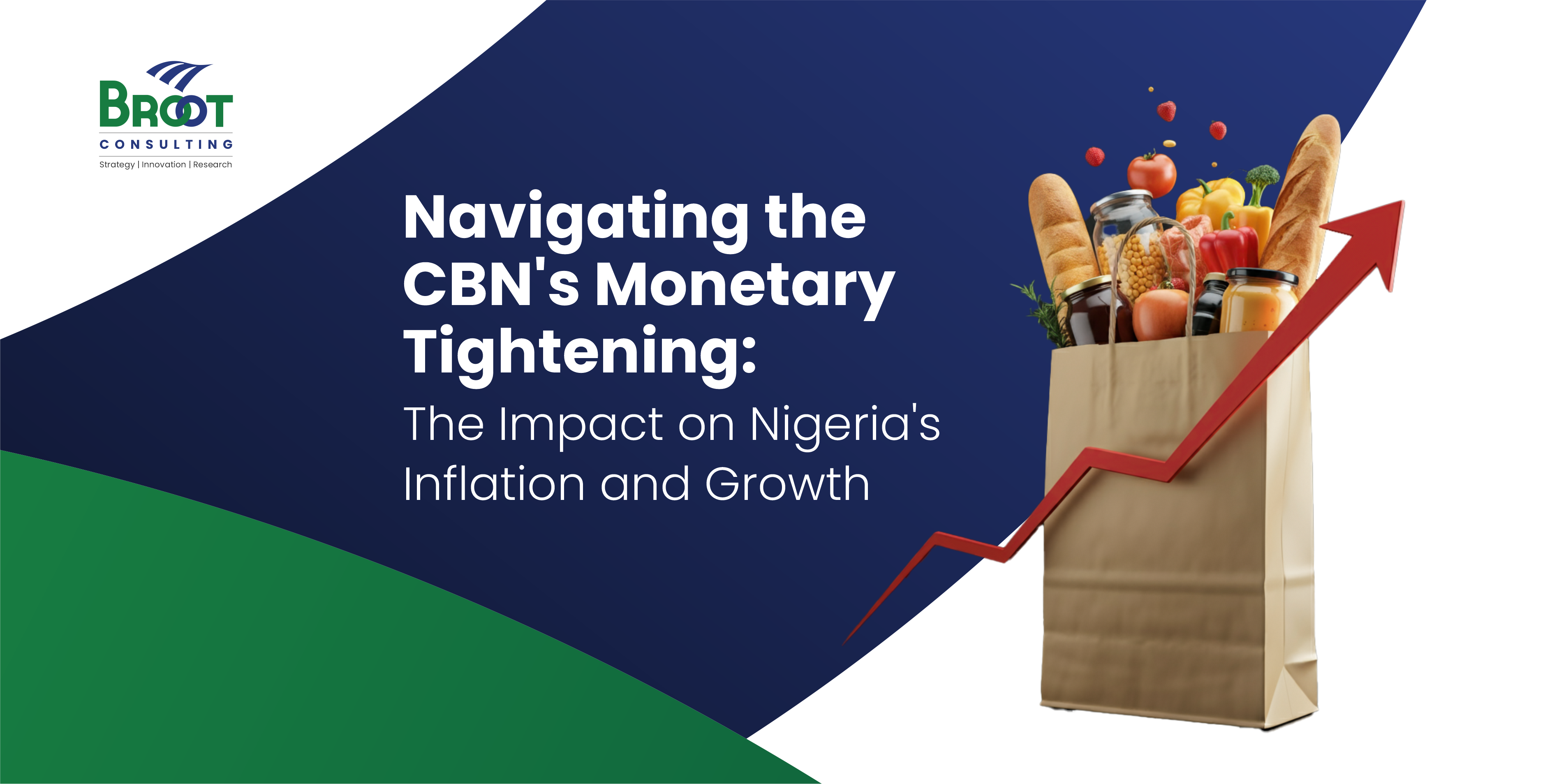Andy Biggs, a lawyer, and an American politician, a congressman and a former president of the Arizona Senate from 2013 to 2017, made a profound statement while speaking on the floor of the Arizona Senate on the reason why the state cut the budget for education, he said “Government is raw power. Government has no compassion or empathy.” Do you think power should lack empathy?
Dacher Keltner, the Director of Berkeley Social Interaction Lab at the University of California, Berkeley, concluded in his study that people who have power suffer deficits in empathy, the ability to read emotions, and the ability to adapt behaviours to other people. Sukhvinder Obhi, a neuroscientist at Wilfrid Laurier University in Ontario, Canada concluded that power can actually change how the brain functions. A friend once said that power reveals the “true man” and that you may not know who you are and what you are capable of until you have the privilege of being in power.
There is an interesting adage from the Yorubas, the tribe in the South-Western part of Nigeria that says, tiowoeni o bateekuida a ki bereikuti o pa baba eni. (If your hands have not gotten spear (power or ammunition), you don’t inquire who killed your father) this adage means that you need power to challenge injustice or take revenge. Perhaps a better explanation for the adage was made by Donald J. Trump in 2012 during the National Achievers Conference:
“One of the things you should do in terms of success: If somebody hits you, you’ve got to hit ’em back five times harder than they ever thought possible. You’ve got to get even”. Get even!”
Is it the power or the feeling of being powerful that makes tyrants repress and oppress, divide, conquer, coerce, and deceive? What about their act of selective justice, honesty, deception, and manipulations? Politics is about power grabbing; today many people believe that politicians don’t truly serve their interests. Is there an inverse relationship between empathy and power? Henry Adams (February 16, 1838 – March 27, 1918) once said that power is “a sort of tumour that ends by killing the victim’s sympathies.”
Dacher, in his close to 20years study discovered that those under the influence of power, acted as if they had suffered a traumatic brain injury. They become more impulsive, less risk-aware, and less adept at seeing things from other people’s points of view. Empathy enables us to see things from the perspectives of other and lack of it create a blindside that leads to abuse and insensitivity. Not everyone who set out to occupy a powerful position wants to misbehave, unfortunately, a majority will come out with bloated or wounded egos, and legacies that get washed away by the sand of times. As one prepares to occupy a position of power, it’s important to weigh the options, the values and the purpose before going into it bearing in mind the following:
Understand that Power is tempting: The more powerful you become the less you feel the need of others and the many grave-digging mistakes you make. Power gives access to enormous resources that are not available to people in the lower status of society. Individuals who get to powerful office unprepared and with little understanding of how power works corrupt end up becoming a victim. Drawing from Michael Kraus, a professor of Psychology at Yale University observed; people who are high in power and status are less likely to be able to understand other people’s emotions. They no longer demonstrate empathy as a critical skill because day by day they begin to think people need them more than they need the people. Once this feeling crops up in the head of a leader, it is the beginning of the end.
Use Empathy as a safeguard: An empathic leader is more likely to be loved, more likely to leave a better legacy and less likely to make grave-digging mistakes. Empathy does not make us weak; it is actually like a muscle, the more we use it, the firmer and stronger it becomes. Empathy makes you see things from the perspectives of others, it makes leaders feel what the ruled are feeling and understand what people are going through. Empathy connects the leaders to the heart of the people. Have you ever noticed that most of the reason why many people fail in power is not for lack of competence but because of their inability to manage their ego and control themselves?
Stop feeling powerful: At the height of his glory Nebuchadnezzar the great, one of the most powerful men that ever-ruled world, one day he was walking on the roof of Babylon and exclaimed “Is not this great Babylon, that I have built for a royal dwelling by my mighty power and for the honour of my majesty? (Daniel 4:30). He started feeling powerful, he got consumed by the majestic nature of his kingdom in his euphoric feeling of being powerful he lost the power temporarily, Someone used power on him as well became insane and lived among animals. The feeling of invincibility and infallibility is the beginning of the fall, every leader and aspiring leader should watch out for this “banana peel”
Have a toe-holder: A good leader has those who can help them hold their “toe” to the ground, people who can speak truth to power. Never forget that power will attract many people to your life, unfortunately, the majority will be psycophants and praise-singers, Very few will look at you in the face, tell you some truth and go against your biddings, when necessary. There will be a tendency to fence off people like this, a temptation to isolate yourself from the truth. To avoid becoming lonely in power surround yourself with people with divergent thinking. Your toe holder could be your friend, wife, or children. Some spouses are known to have played this very well, a typical example is Clementine Churchill the wife of the British Prime minister, she once wrote her husband “My Darling Winston. I must confess that I have noticed deterioration in your manner, and you are not as kind as you used to be.”
Power, they say corrupts, and it takes a person of integrity not to get corrupted by power. Empathy is a medium to checkmate this corruption, once you can feel and understand the pain point of the people you lead, it is easier to act right. It is important to know your why, why did you venture into politics? What has changed since you did and what are you doing about it?
Before you grab or accept the power, weigh it carefully, study it religiously and promise yourself that you will have more toe-holders than praise singers. Understand that power is for the people and not for self, only then can power add value to you and the society that you are called to serve.

Olukunle A. Iyanda PhD, FCA, SNFLI.
Founder/CEO, BROOT Consulting Nigeria Limited.
Human-Centric Design Led Innovation Consultant.




